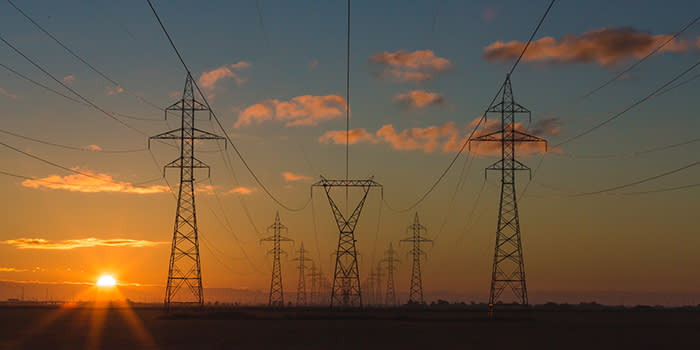Sustainability quiz
All information and statistics correct as at Nov 2021.

What does the term 'ESG' stand for?

ESG = Environmental, Social, Governance. Responsible investing usually combines traditional financial analysis with consideration of a company’s performance on certain environmental, social and governance (ESG) criteria to make investment decisions.
Ethical, Sustainable, Green
Environmental, Social, Governance
Environmental, Sustainable, Goals-based
According to a recent survey, how many New Zealanders would be more likely to invest in an organisation, fund or product that has been certified by an independent third party for its responsible investment practices?

82% of respondents in RIAA’s recent survey agreed with the statement “I would be more likely to invest in an organisation, fund or product that has been certified by an independent third party for its responsible investment practices.”
62%
72%
82%
Avoiding investing in stocks that you don’t agree with, such as a weapons company, is called:

Negative screening is the process of finding companies that score poorly on Environmental, Social and Governance factors relative to their peers
Impact Investing
Negative Screening
Positive Screening
Which of these words is not included in the term ‘SRI’?

SRI stands for Socially Responsible Investing which excludes investing in sectors or companies that are considered to have a negative impact on society or the environment.
Socially
Responsible
Investing
Sustainably
Investing in companies with the intention to generate positive, measurable social and environmental impact alongside a financial return is called

An impact investing strategy is an investment strategy that targets companies or industries that produce social or environmental benefits.
Impact Investing
Positive screening
Socially responsible investing
ESG assets surpassed what record amount in 2020?

According to the 2020 Global Sustainable Investment Review, at the start of 2020, global sustainable investment reached US$35.3Tn in five major markets, a 15% increase in the two years prior (2018-2020).
$5 Trillion
$15 Trillion
$25 Trillion
$35 Trillion
When it comes to the Environmental aspect of ESG, what ‘scope’ of greenhouse gas emissions are direct emissions?

Scope 1 emissions occur as a direct result of the company’s activity while scope 2 are emissions from the electricity used by the company (which in New Zealand is lower than in most other countries). Scope 3 emissions occur in a company’s value chain – both upstream (for example outsourced manufacturing) and downstream (for example customer use of product).
Scope 1 - emissions that occur from sources controlled or owned by an organisation
Scope 2 - emissions from the electricity used by the company
Scope 3 - emissions that occur in a company’s value chain
All of the above
What is a metric that is often considered when assessing a company’s level of diversity (a component within both Social and Governance aspects of ESG)?

One aspect within ESG reporting is Diversity & Inclusion, with the most common measure of diversity being female board and executive representation, though this is largely a proxy and by no means covers all facets of diversity.
Number of females on the company’s Executive team and Board
Amount of staff working for the company
Female investors in a company
What company on the NZX50 has the highest percentage of female directors on its Board?

Auckland Airport currently has the highest percentage of female representation on the board out of the companies on the NZX 50, with 62.5% of its directors being female.
Air New Zealand
Goodman Property
Auckland Airport
What is the main barrier holding back investors from investing sustainably?

All of the above are among the reasons why people tend to hold off from starting to invest sustainably. At CIP, we have given a sustainability score to all of the stocks in our model portfolio and continue to score the remainder of our coverage list, as well as give a sustainability summary for each company with detail on its Environmental, Social and Governance progress and any issues that investors should be aware of.
Lack of knowledge around sustainable investing terms
Not knowing the impact of sustainable investments
All of the above
You got {number correct}/{number of questions} correct answers
Not a bad effort, but you can do better. Subscribe to our Market Insights newsletter to keep up to date with the latest in investing and markets.

You got {number correct}/{number of questions} correct answers
You really know your stuff! To make sure you stay up to date with all things investing and sharemarkets, subscribe to our Market Insights newsletter
